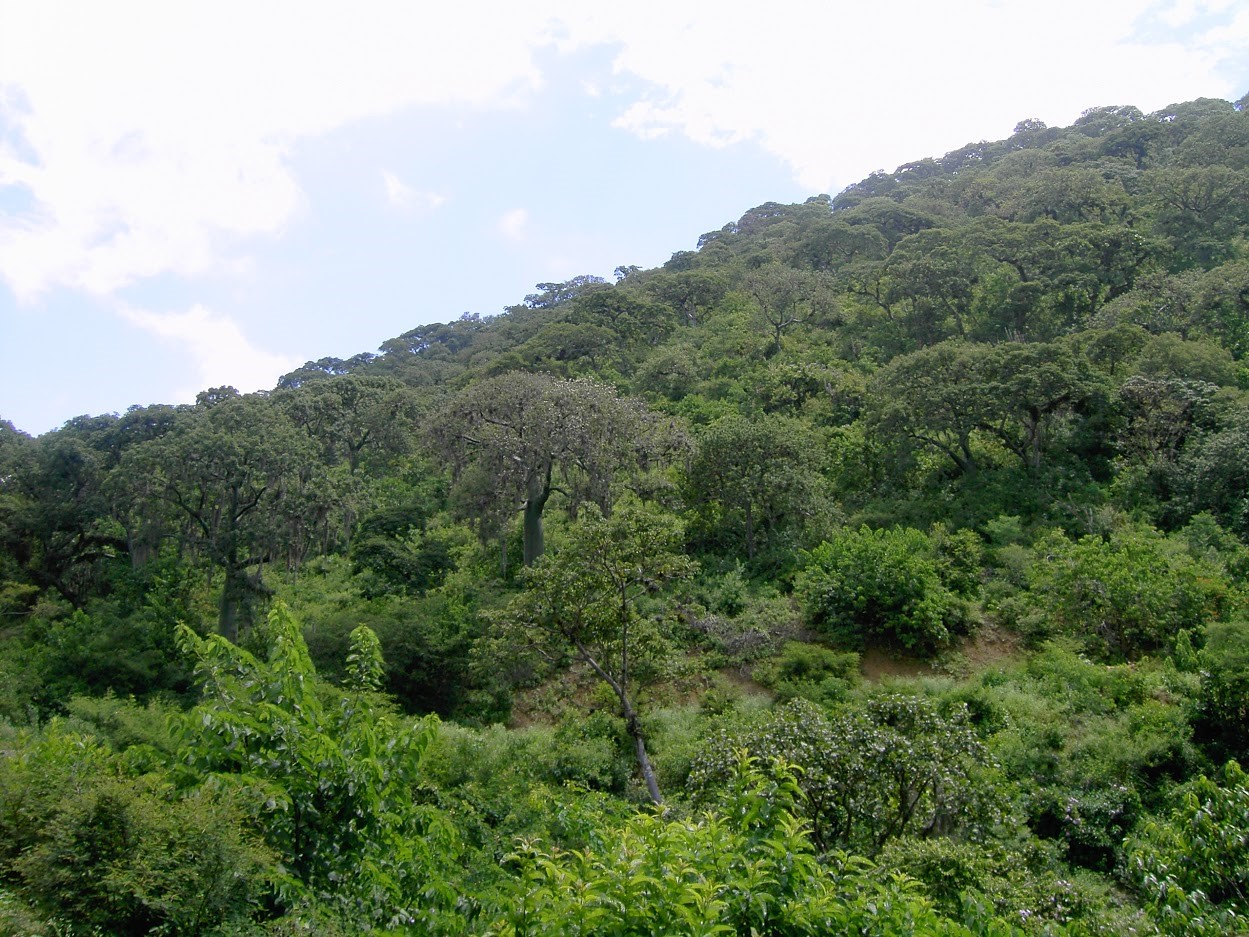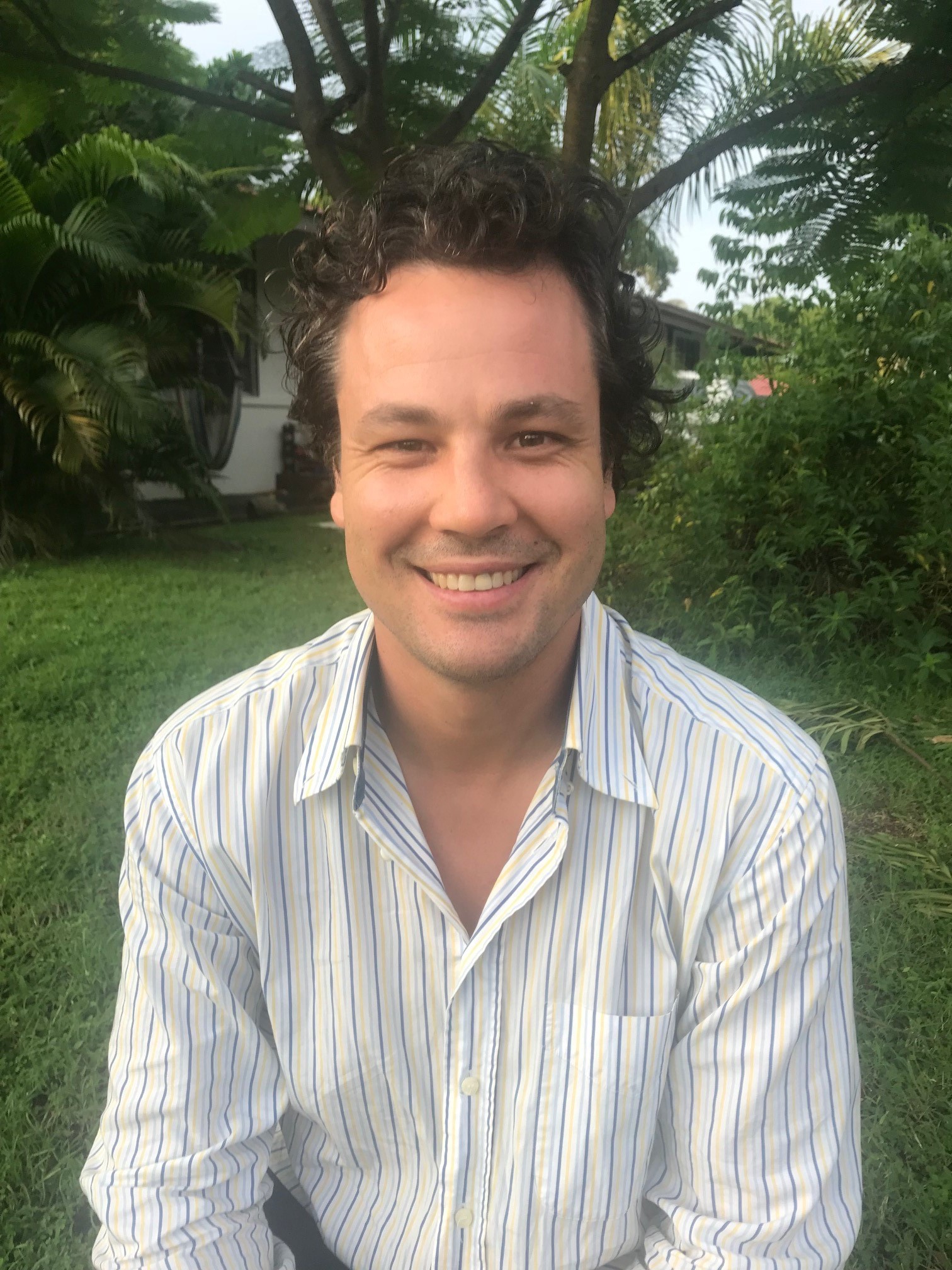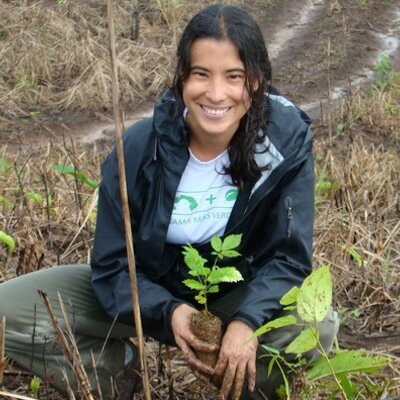In May, 2021, UN-REDD organised its first Global Knowledge Exchange for Latin American countries to share important lessons learned from seeking to access Results-based Payments (RBPs) for REDD+. Over two days, participants from Argentina, Brazil, Chile, Colombia, Costa Rica, Ecuador, Guatemala, Honduras, Mexico and Peru came together to explore the different experiences and challenges they faced with RBPs and to discuss how the second phase of GCF’s pilot programme on REDD+ RBPs can be improved.
The exchange used a combination of breakout rooms and general sessions that kept participants engaged and focused on the following key questions:
· What mechanisms are in place to ensure that local actors are rewarded for their contributions to emission reductions?
· What were the biggest challenges in meeting the requirements for RBPs? How should these requirements be modified?
· How can countries boost the role of the private sector?
· How can countries ensure the participation of Indigenous peoples and forest-dependent communities?
· What should be required to access RBPs for REDD+? How can the GCF improve the recognition of non-carbon elements related to RBPs for REDD+?
· How is your country ensuring alignment of RBPs with bilateral and multilateral funding for REDD+?
While exploring these questions, countries agreed that there is a need for a deeper understanding of who benefits, what criteria is used to prioritise investments and how to improve the verification of emissions reductions via a carbon inventory. Participants also expressed concern regarding the lack of consistency or clarity on the requirements that countries have to meet in order to access RBPs.
REDD+ experts also discussed ways in which the private sector could become more involved to boost access to results-based payments. Across Latin America, there are different scenarios when it comes to the importance of the private sector. For example, in Chile, where 70 percent of the land is privately owned, the private sector plays a key role. Landowners need to be included in participatory processes regarding how RBP projects will be implemented and how benefits will be distributed.
Many of the participating countries are increasingly involving Indigenous peoples in implementing REDD+ towards RBPs. In Costa Rica, for instance, Indigenous women are involved in REDD+ capacity building processes. The Central American nation is also informing communities via Indigenous cultural mediators. Guatemala is working with the National Alliance of Forest Communities Organizations and runs an incentive programme for smallholders, mainly Indigenous peoples, for forestry and agroforestry.
As a result of the knowledge exchange and two more weeks of online discussions between participants, several recommendations were forwarded to the Green Climate Fund to inform the second phase of the pilot programme for Results-based Payments:
- The GCF’s terms of reference for RBP proposals should provide clearer guidance on concepts like high forest, low deforestation (HFLD) and how these countries can demonstrate their status to access RBPs.
- The next phase of the pilot programme should accommodate different levels of country readiness and the possibility of rewarding continuous improvement to ensure better inclusivity.
- The current structure of the GCF’s ToR for RBPs should be maintained until COP26, when Article 6 of the Paris Agreement will be discussed. Article 6 allows countries to implement their NDCs via voluntary international cooperation and could establish a foundation for a carbon market.
Latin American country representatives also recommended a review of the GCF’s RBPs scorecard, by which countries’ submissions are assessed. The review includes:
- adding criteria to the scorecard so the premium for delivering co-benefits can increase above the current 2%;
- guiding countries on how to quantify their non-carbon benefits;
- including criteria on how particular safeguards are assessed; and,
- clarifying how reversals are treated and ensuring equal treatment of all countries.
Information from this exchange is currently informing the development of another global knowledge exchange for Asia and Africa, planned for later this fall.


